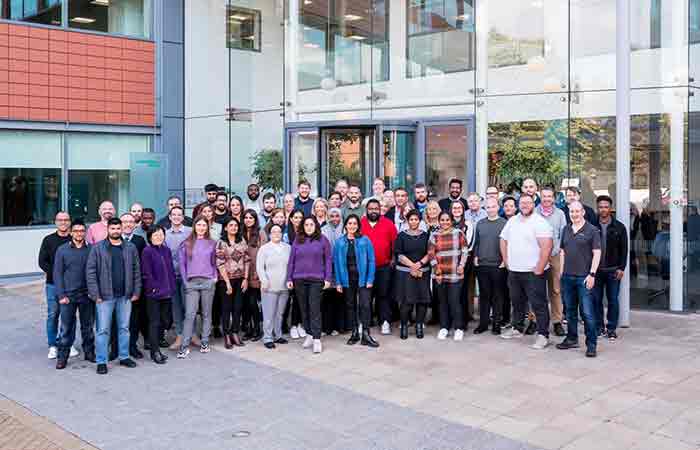 Banking technology solutions business Phoebus Software strives to prevent sickness and potential burnout through its enhanced health and wellbeing benefits offering.
Banking technology solutions business Phoebus Software strives to prevent sickness and potential burnout through its enhanced health and wellbeing benefits offering.
The business, which currently employs 132 members of staff, provides private medical insurance (PMI) and a wellbeing choice benefit of £350 per annum to support individual employees’ wellbeing needs. The entire workforce also has access to an employee assistance programme (EAP) that supports physical, mental and financial wellbeing, free for them and their families.
Kate Langton, chief people officer at Phoebus Software, explains that the organisation caters for employee wellbeing through its flexible benefits package, and that this underpins the business’ purpose of caring for people. To illustrate its goals, Phoebus Software uses the acronym CARE: culture and engagement, attract and retain, reward and recognise, and employee growth.
“We have eight professionally trained mental health first aiders in place to support our employees and we provide a working environment that encourages everyone to feel comfortable to talk about mental health and health issues,” Langton says.
“We also monitor and try to ensure that holiday entitlement is used regularly for wellbeing, and we have a holiday purchase scheme where employees can buy or sell days.”
Phoebus Software also provides free personal training sessions on site each week, as well as a Friday football club with opportunities to discuss fitness and wellbeing. Its office has a games room with a pool table, darts and table tennis, so employees can take an active break from work. Neck and shoulder massages were additionally offered on site at the end of last year, and are set to continue in 2023.
In terms of spotting signs of burnout in employees, the organisation actively encourages its employees to talk about personal triggers and how peers or managers can recognise these. It has a wellbeing action plan template and guidelines to support this, as well as offering daily meetings that provide an opportunity to check on all of its employees, including those who work away from the office.
“We have professional support available, but also qualified employees that can provide direct support as required,” says Langton.
“We recognise that prevention is far more desirable, and we have found that offering a supportive environment ensures that recovery time is reduced and productivity is less impacted. We therefore have a very low sickness absence rate across the organisation.”
She adds that an open and trusting culture will result in a happier, more engaged and productive workforce, and that positive retention levels are achieved through reduced sickness absence.
Langton concludes: “Many firms have trained first aiders to assist with illness or injuries suffered in the workplace, so why not include mental health first aiders too?
“Being able to identify when someone is not feeling OK or just knowing they can speak to someone confidentially within the business can be a huge benefit to them. Dealing with issues early on can mean improved mental health, less burnout and fewer days off.”